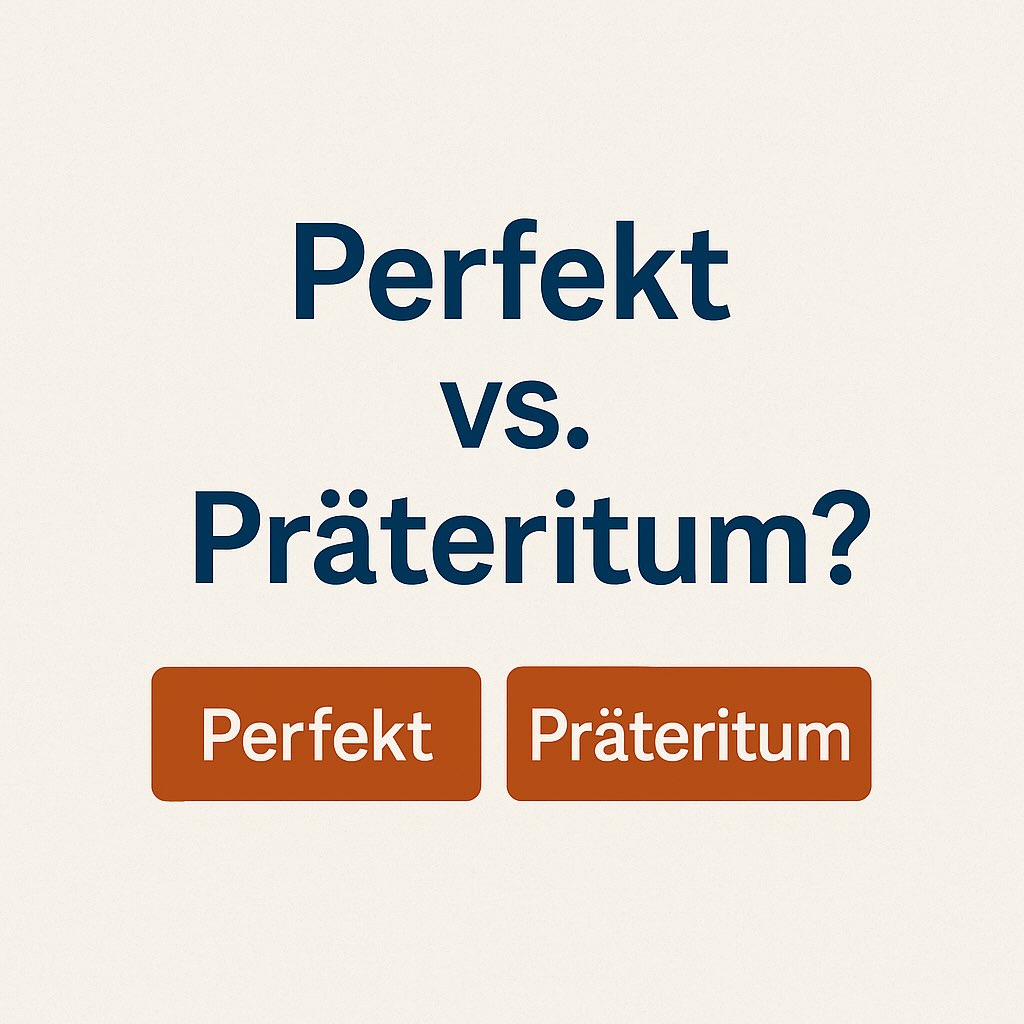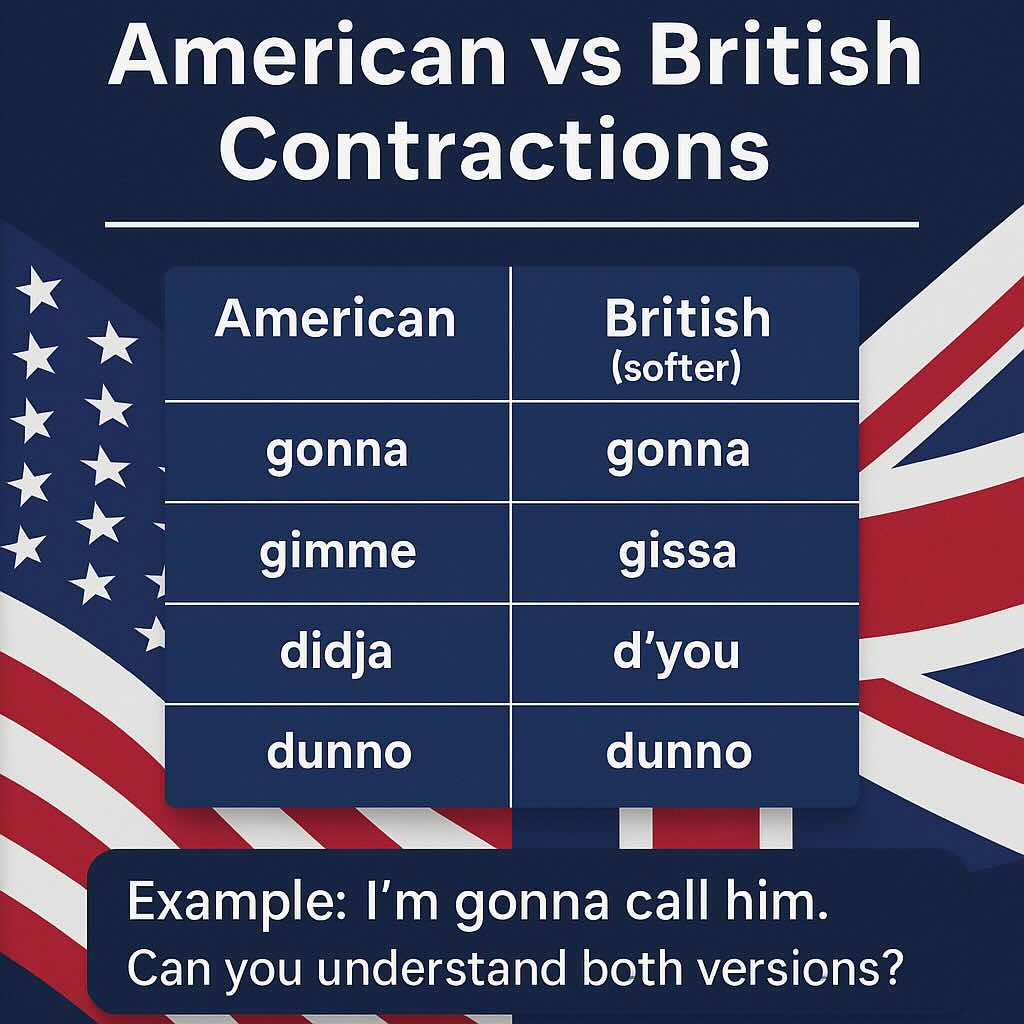🔗 选择语言
When learning German, many students are confused by the two past tenses: Perfekt 和 Präteritum. Both describe past actions, but they are not used in the same way. This guide gives you the simple rules, with examples and common mistakes to avoid.
The Simple Rule
- Perfekt → used in spoken German, everyday conversations.
- Präteritum → used in written German, books, reports, stories.
That’s the easiest rule to start with.
Perfekt: Everyday Past
Perfekt is built with haben/sein + Partizip II.
Rules:
- Use haben with most verbs.
- Use sein with verbs of movement or change of state (gehen, fahren, kommen, sterben).
- Focuses on completion and result.
例如
- Ich habe gegessen. (I ate / I have eaten.)
- Wir sind nach Berlin gefahren. (We went to Berlin.)
- Sie hat das Buch gelesen. (She read the book.)
Präteritum: Narrative Past
Präteritum uses simple verb endings without auxiliaries.
Rules:
- Common in books, news, reports, and storytelling.
- In spoken German, used mostly with sein 和 haben (ich war, ich hatte).
- Focuses on sequence of facts rather than result.
例如
- Ich aß einen Apfel. (I ate an apple.)
- Er ging ins Zimmer. (He went into the room.)
- Wir hatten keine Zeit. (We had no time.)
Perfekt vs. Präteritum Side by Side
| Context | Perfekt Example | Präteritum Example |
|---|---|---|
| Everyday speech | Ich habe gespielt. | Ich spielte. |
| Story in a novel | - | Er ging ins Zimmer. |
| Formal report | - | Die Firma investierte. |
| Conversation result | Ich habe gewonnen! | - |
Common Mistakes — and How to Fix Them
- ❌ Ich bin gespielt.
✔️ Ich habe gespielt. (haben with spielen) - ❌ Wir haben gegangen.
✔️ Wir sind gegangen. (sein with verbs of movement) - ❌ Using Präteritum in casual speech: Ich spielte gestern Fußball.
✔️ More natural: Ich habe gestern Fußball gespielt.
FAQ: Perfekt and Präteritum
Q: Do Germans mix both tenses?
Yes. In conversation, Perfekt is more common, but Präteritum appears in stories and formal contexts.
Q: Should I learn Perfekt first?
Yes — it covers 90% of everyday communication.
Q: Why do textbooks focus so much on Präteritum?
Because it is common in reading, and you need it to understand German literature and media.
Final Note
For beginners, the key rule is simple:
- Perfekt = everyday speech
- Präteritum = written stories and reports
👉 For a deeper exploration of how Germans understand time in grammar, see Tymur Levitin’s Author’s Column.

📚 Related Articles on German Grammar
- Perfekt vs Präteritum: Fact vs Result, Logic vs Reality
- The Complete Guide to German Passive (Part 7)
- The Complete Guide to German Passive (Part 6)
👨🏫 作者: Tymur Levitin — founder, director, and senior teacher at Levitin Language School | Start Language School by Tymur Levitin.
View teacher’s profile →
🌍 Learn German with us:
German Language Learning Page →
© Tymur Levitin | Category: German Grammar for Beginners





















